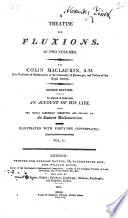 | Colin MacLaurin - Calculus - 1801 - 428 pages
...art. 728) +-+- + &c. This likewise follows from the property of logarithms, that the logarithm of the product is equal to the sum of the logarithms of the factors; and consequently the fluxion of the logarithm ofp equal to the sum <>f the fluxions of the logarithms... | |
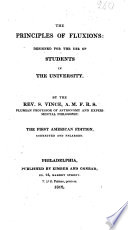 | Samuel Vince - Calculus - 1812 - 274 pages
...whose property, as appears from above, is that the logarithm of the product of any two natural numbers is equal to the sum of the logarithms of the factors. For the product is a fourth proportional to the two factors and unity. And hence the principal properties... | |
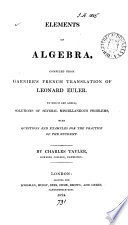 | Charles Tayler - 1824 - 350 pages
...shall resume pur former equation, viz. log. be = log. b + log. c, which comprehends the property that the logarithm of a product is equal to the sum of the logarithms of the factors. First, as log. 2 = x, and log. 10 = 1, we have log. 20 = ^+1 log. 200 = ^ + 2 log. 2000 = ^+3 log.... | |
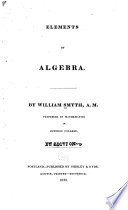 | William Smyth - Algebra - 1830 - 278 pages
...by member, we have yy' y" = a*+x'+x" whence. log y y'y"=* + x' + x"= log y + log y'+ logy" That is, the logarithm of a product is equal to the sum of the logarithms of the factors of this product. If then a multiplication be proposed, we take from a table of logarithms the logarithms... | |
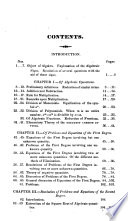 | Bourdon (M., Louis Pierre Marie) - Algebra - 1831 - 446 pages
...the rule for the exponents (No. 180), we find yyy"y"' .... ^a'+*+J"+»"+' • • • Hence thai is, the logarithm of a product is equal to the sum of the logarithms of the factors of this product. Secondly. Suppose it is required to divide y by y', and let x and x' represent their... | |
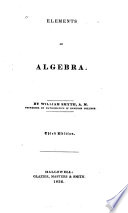 | William Smyth - Algebra - 1836 - 288 pages
...= a^ + *' + «" whence log y y' y" ~= x -\- x' -f x" = log y -f~ log y' -\- log y' . That is, //i« logarithm of a product is equal to the sum of the logarithms of llie factors of this product. If then a mulplication be proposed, we take from a table of logarithms... | |
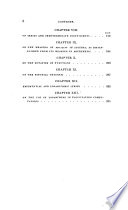 | Augustus De Morgan - Algebra - 1837 - 308 pages
...Logarithm between 0 and 1 1 and 2 2 and 3 Sec. 0 and —1 — 1 and —2 — 2 and —3 &c. THEOREM V. The logarithm of a product is equal to the sum of the logarithms of the factors. Let a be the base, and p, q, and r, the logarithms of P, Q, and K. Then P = a" Q = a" R = a' PQR =... | |
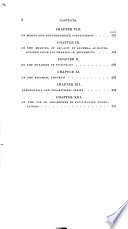 | Augustus De Morgan - Algebra - 1837 - 308 pages
...number, lie between am and a" ; then x, the logarithm, lies between m and n (see page 89). THEOREM V. The logarithm of a product is equal to the sum of the logarithms of the factors. Let a be the base, and;?, q, and r, the logarithms of P, Q, and 11. Then P = a" Q = a' R = a" PQR =... | |
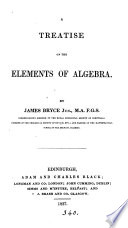 | James Bryce - Algebra - 1837 - 322 pages
...known, its logarithm in another system may be found. 192. Schol. i. It follows, from Art. 35, 40, that the logarithm of a product is equal to the sum of the logarithms of its factors; and that the logarithm of a quotient is equal to the difference of the logarithms of the... | |
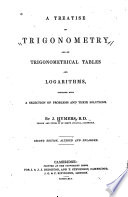 | John Hymers - Logarithms - 1841 - 244 pages
...logep ; and as this process may be continued to any number of factor», we conclude, generally, that the logarithm of a product is equal to the sum of the logarithms of its factors. 8. The logarithm of a quotient is equal to the logarithm of the dividend diminished by... | |
| |